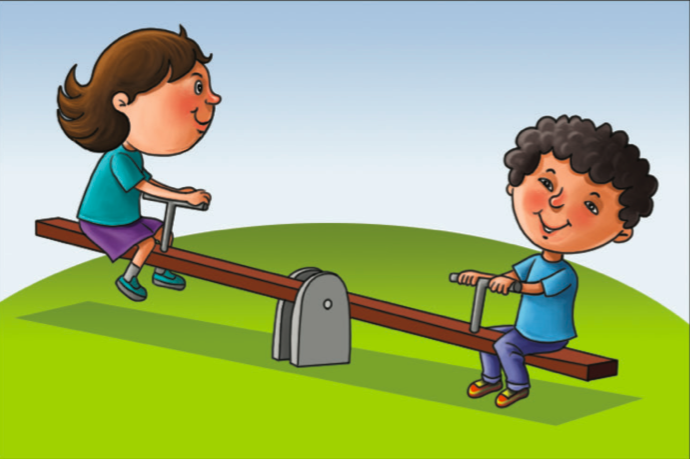
Friendships play a crucial role in a child's development, impacting their social and emotional well-being during childhood and adulthood. As children mature, the nature of their friendships evolves from simple playmates to mutualistic relationships based on common interests. In this blog post, we explore the significance of friendships, their positive impacts, and ways parents and teachers can contribute to fostering healthy connections among children.
The Evolution of Friendship:
Friendships start as playmates, often with those who are geographically close, like neighbors. Over time, these connections develop into more meaningful relationships built on shared interests and emotional support. Children become emotionally invested in their friendships, learning valuable life skills through their interactions with friends.
Positive Impacts of Having Friends:
1. Enhanced Self-Confidence and Self-Respect: Friends make children feel important and loved, boosting their self-esteem.
2. Social Skills Development: Friendships help children acquire crucial social skills like communication, understanding, cooperation, sharing, and problem-solving.
3. Emotional Skills Development: Through friendships, children become familiar with various emotions, behaviors, and coping mechanisms.
4. Adaptability: Friends provide emotional support, helping children adapt to life's changes and reducing the likelihood of bullying or manipulation.
5. Cultural Awareness: Friendships expose children to diverse customs and traditions, fostering an understanding of differences.
Qualities of Good Friends:
It's important for children to recognize and seek friends who:
- Respect their feelings
- Make them laugh
- Encourage and support them
- Stand up for them
- Offer help and comfort when needed
- Respect differing opinions
- Avoid disrespect, especially in public
- Respect their need for occasional solitude
- Engage in positive play and activities together
- Listen and understand each other's perspectives
- Accept each other as they are
- Express love and affection
- Provide helpful advice
Steps for Making Friends:
Parents and teachers can guide children in forming friendships by encouraging:
- Smiling
- Greetings
- Being welcoming
- Introducing themselves to find common traits and interests
- Initiating friendships by inviting others to play
- Discuss the topic of friendship and share stories about friends
- Include students in group activities to promote collaboration
- Train students to work in groups, fostering teamwork
- Encourage acceptance of differences and inclusivity, particularly for children with special needs
Components of Friendship:
Forgiveness, love, empathy, cooperation, helping, encouragement, giving advice, respect, sharing, commitment, and happiness are essential components of a healthy friendship.
Teaching Integrity in Friendships:
Teachers can empower children to maintain their integrity in friendships by reminding them to:
- Maintain their individual identity
- Refuse to copy negative behaviors
- Kindly communicate when a friend's behavior is unacceptable
Friendships can be detrimental if a friend exhibits negative behavior, exploits the relationship, or displays impoliteness. Teaching children to recognize these red flags is crucial for their well-being.
Nurturing healthy friendships is a lifelong skill that begins in childhood. By understanding the positive impacts of friendships, recognizing qualities of good friends, and actively promoting positive social interactions, parents and teachers can contribute to the well-rounded development of children, preparing them for a future of meaningful and supportive relationships.